https://arab.news/rhq7m
DUBAI: Seeing their children receive the best possible education is every parent’s dream, and having a high number of international students is a goal for every world-renowned tertiary institution. However, in today’s changing world, various factors complicate the decision-making process for students and parents.
Parents have to take many issues into account, from the COVID-19 pandemic to the wave of shootings on school campuses in the US. As the education landscape shifts, some Western institutions have opened branches in foreign countries, including the Gulf region, appealing to students who do not wish to, or cannot afford study abroad.
These days a growing number of Arab parents, including Saudis, deliberate thoroughly before sending their children to pursue their higher studies in the US — home to some of the most prestigious education institutions and research centers in the world. Analysts and experts say that the rose-colored dream of studying in the US has started to change slightly owing to a confluence of academic, social, economic and security factors.
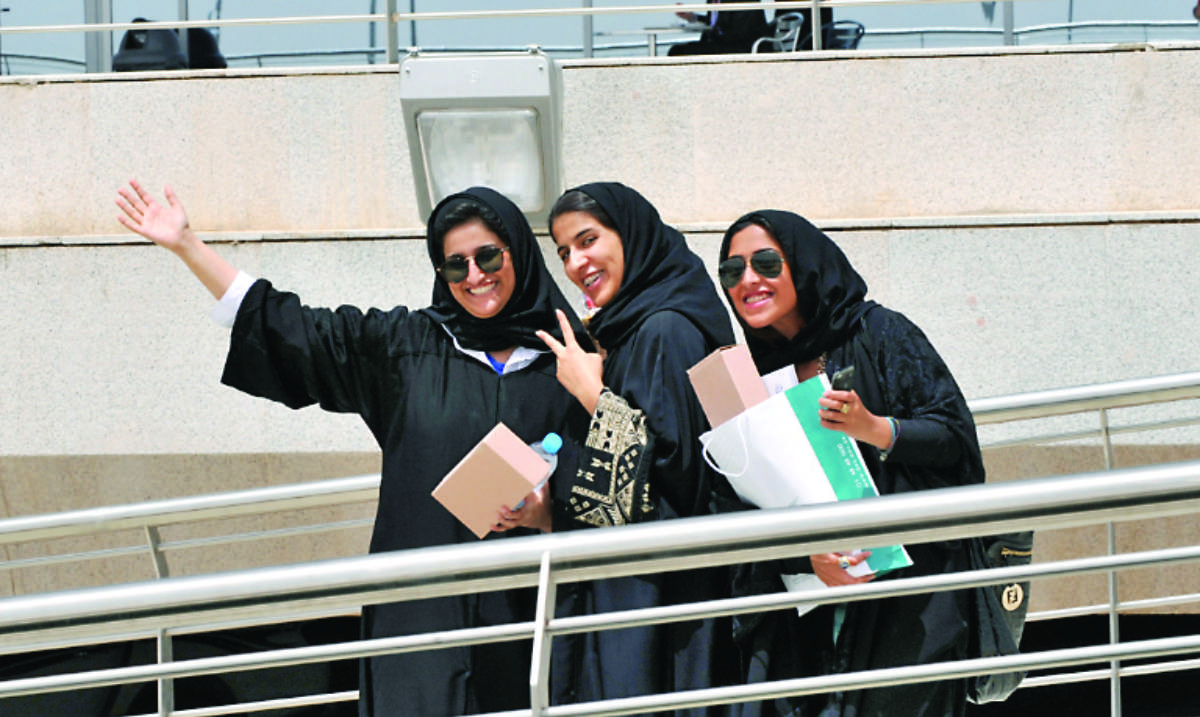
“If you look at it (number of students from Saudi and the rest of the Gulf region) in the span of the last … for example, 10 years, yes it has changed. If you look at it since COVID, yes it has changed. There isn’t a (hugely) significant decrease in the numbers, but there is a decrease,” Dala Kakos, an education strategy specialist, told Arab News.
Kakos, who has worked with the World Bank and the Executive Council in Abu Dhabi, and Knowledge and Human Development Authority in Dubai, says that while a sense of safety and security is not the most important factor for students and parents, it is among the highest priorities.
Saudi columnist Tariq Al-Maeena also believes the number of Saudi students in the US has decreased. “The impression of the numbers had been gleaned by what I had been following over the recent years as well as discussions with a wide group of friends and acquaintances,” he told Arab News.

“Already some Saudi students (unfortunately) met a tragic end in the US at the hands of criminals.”
In January this year, 25-year-old computer science student Al-Waleed Al-Gheraibi was stabbed to death in his accommodation in Philadelphia. This was only the latest incident in which a Saudi student was murdered in the US. In 2018, 23-year-old architecture student Yasser Abualfaraj was found murdered in his apartment in Florida.
• The increasing number of violent incidents in the US and high cost of tuition are two factors that could stop parents from sending their children abroad.
• Some Western institutions have opened branches in foreign countries, including the Gulf region, appealing to students who do not wish to, or cannot afford to study abroad.
• Saudi Arabia is one of the top countries from the Middle East and North Africa region in terms of number of students studying in the US, while China and India lead on the global level.
And two years prior, 24-year-old business administration student Hussain Saeed Alnahdi was beaten to death in Wisconsin. Other murders of Saudi students in the past decade were reported in Australia, Canada, the UK and Malaysia, according to a press report by Al Arabiya.
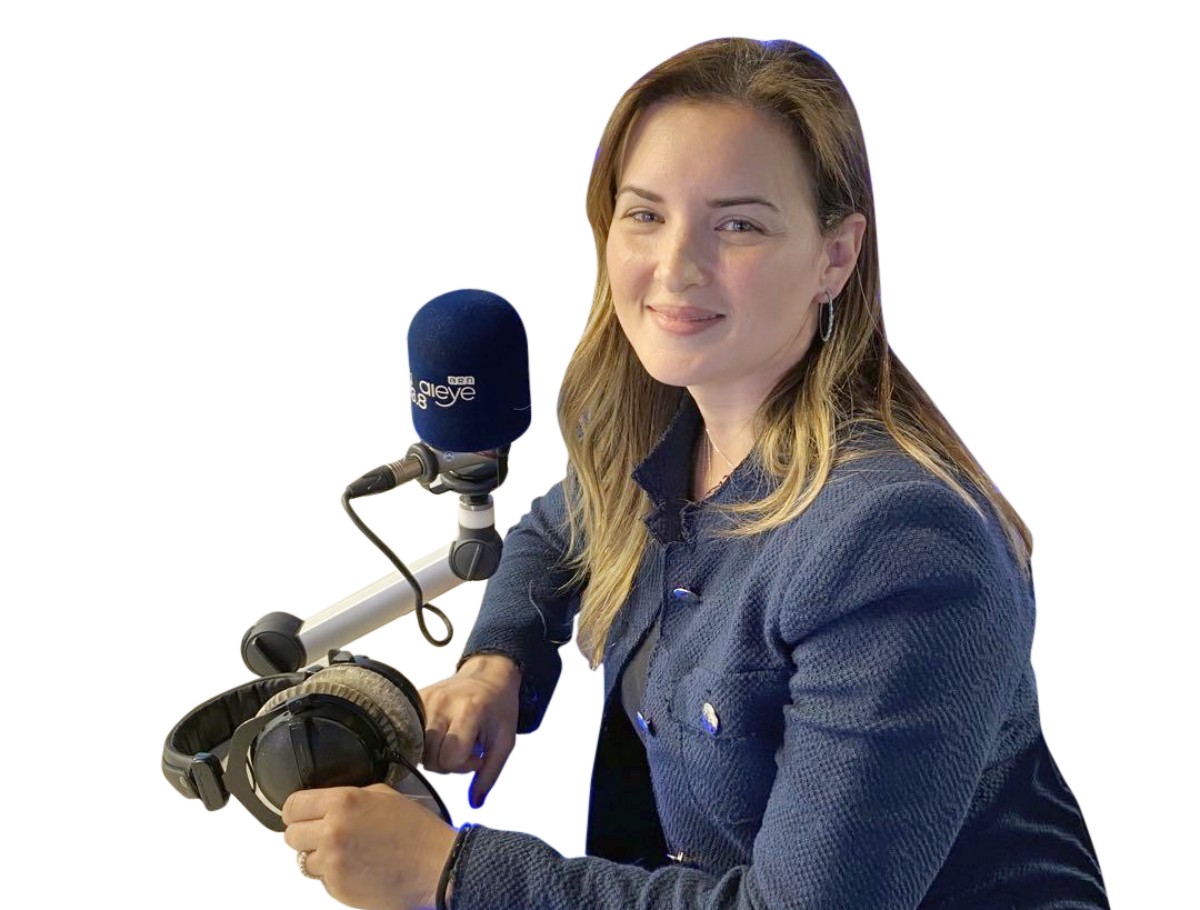
The increasing number of violent incidents in the US is a worry for prospective students and parents. From 1966 to 2022, 12 mass shootings took place on US college campuses. During the same period, there were 300 shooting incidents on college campuses, resulting in 94 deaths and 215 injuries, according to American press reports.
Some Europe-based websites are currently posting short videos advising European students abroad on what to do during a shooting.
Al-Maeena believes this is good advice for all students. “We live in a relatively safe society; we are not conditioned to be wary and alert, and sometimes we fall prey to those wishing us harm,” he told Arab News.
Prestige is a very heavy factor when someone is an international student and they want to go abroad. This is a big thing because you are making a big effort to leave, you will be representing your country when you are there, and you also will be representing the university when you come back home.
Dala Kakos, Education strategy specialist
“That is why it is imperative that any student going overseas must attend some kind of awareness seminar to alert them (to) all possible scams that may do them harm,” he said.
The exact number of Saudis currently pursuing their higher education in the US is unknown, but it is estimated in the tens of thousands. There has been an increase in the past, with the number of Saudis studying in the US rising from 10,000 in 2007 to 120,000 in 2015, with 600 taking up medicine.
Saudi Arabia is one of the top countries from the Middle East and North Africa region in terms of number of students studying in the US, while China and India lead on the global level. But even this is changing.
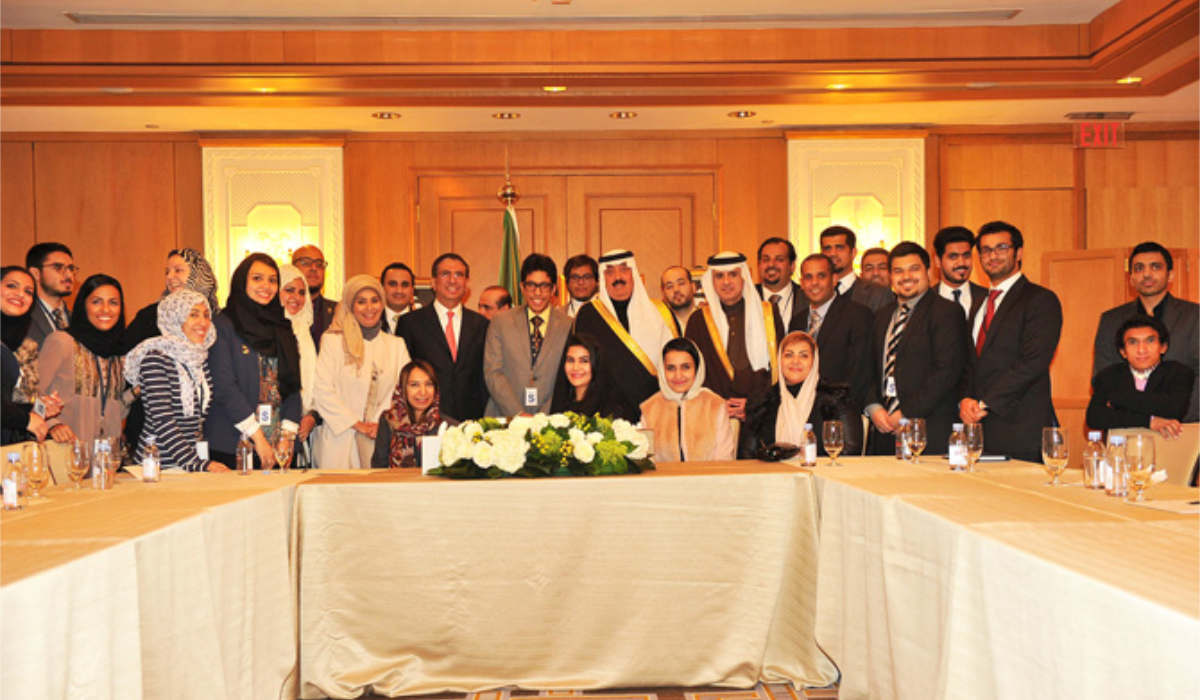
According to the Institute of International Education, the number of international students at US colleges grew by just 0.5 percent in the 2018-2019 academic year, “bringing an end to a decade of expansion.”
The results, posted on the website of Foreign Policy, were due to a “slowdown” in the number of Chinese students, who accounted for nearly one-third of all non-American students in the country. Other countries, including South Korea, Japan, Iran, the UK and Saudi Arabia, also “sent fewer students to the US” that year compared to the previous one.
The number of Saudi students in the US has gone down after the Saudi government decided in 2016 to “reevaluate” its scholarship program that covers many countries in the world, including the US. New guidelines were introduced limiting participants to top-100 universities, or top-50-rated programs in their fields.
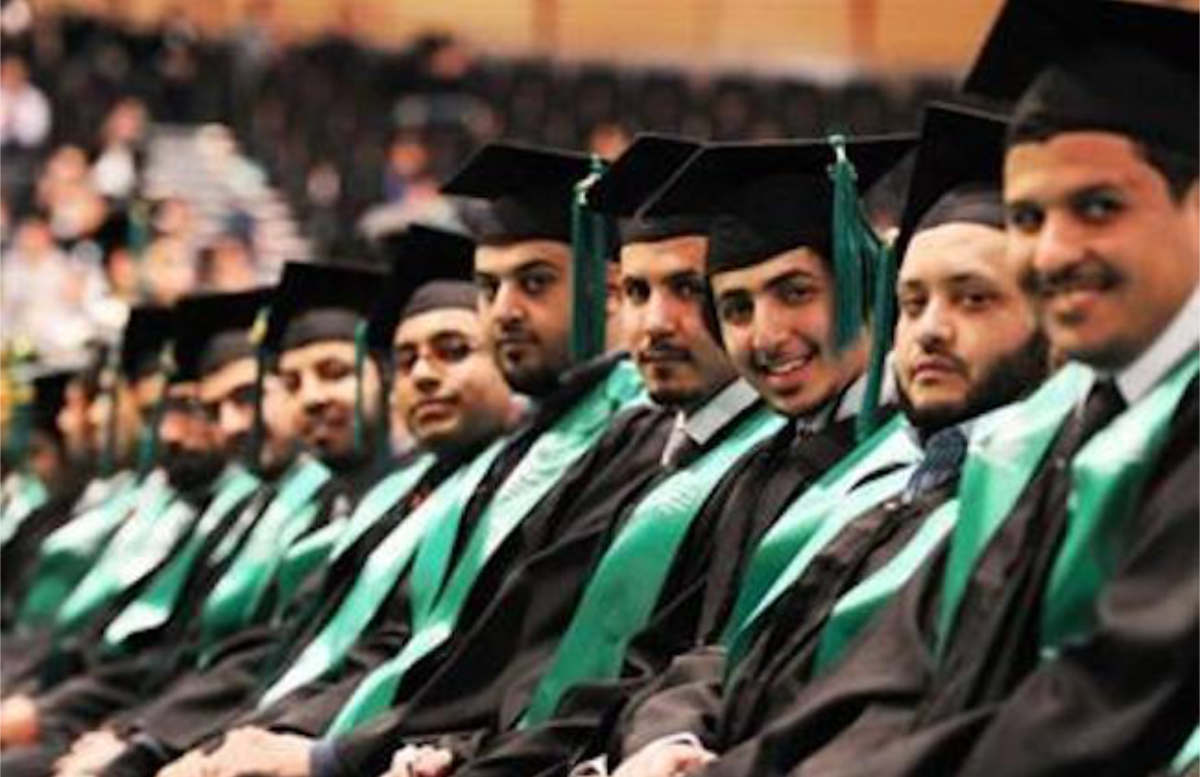
The high cost of tuition is another factor that could stop parents from sending their children abroad, according to Kakos.
According to her, other factors include tuition, location, proximity of relatives living abroad, having alumni parents, and prestige.
“Prestige is a very heavy factor when someone is an international student and they want to go abroad. This is a big thing because you are making a big effort to leave, you will be representing your country when you are there, and you also will be representing the university when you come back home,” Kakos said.
Owing to its many renowned universities, the UK is always an option for parents. By offering English-language degrees, the US and UK are ideal destinations for those seeking to study abroad.
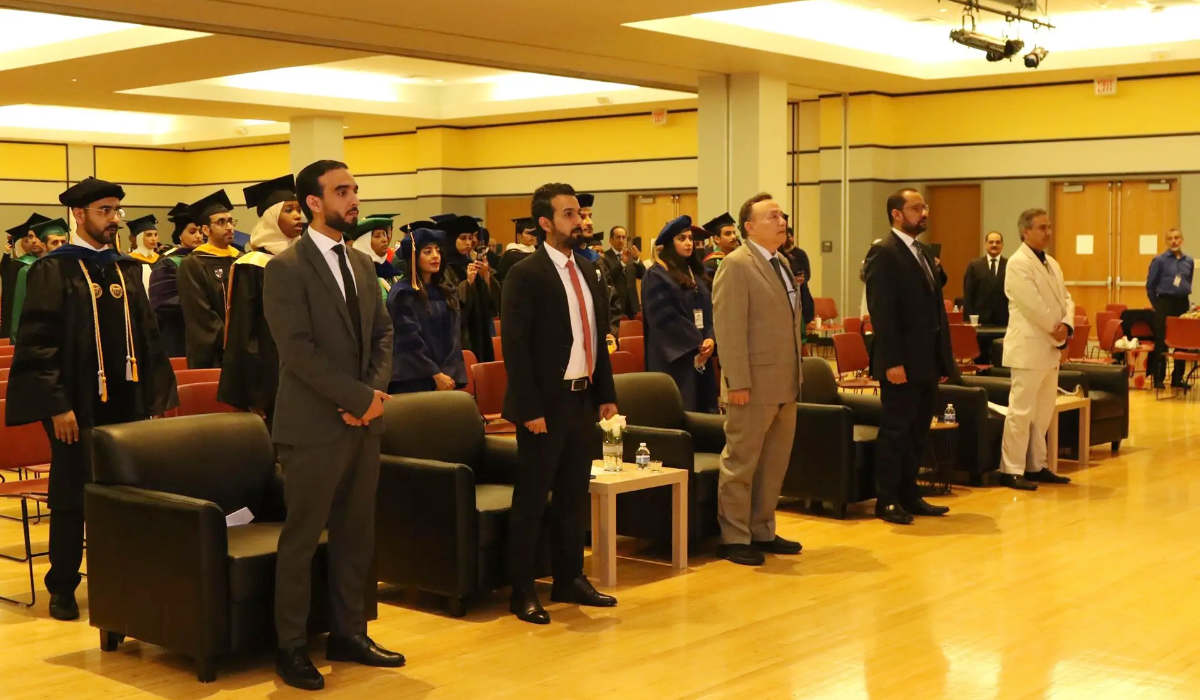
“Interestingly, there is an upward trend of European universities offering English-speaking degrees,” Kakos said. “Already, many of them are constantly increasing their postgraduate and master’s and doctoral programs. But now, they (have) started to pay attention to undergraduate programs. For example, Greece just announced that their national universities have put forth at least 12 new majors in English.”
At the same time, the UK has made attracting foreign students part of its national strategy. The country recently organized official academic visits to both Saudi Arabia and the UAE to draw in more students and increase their “market share,” Kakos said.
“They know the true value that they could bring, which is financial, but also need more presentation in their international students. They are focusing much more on gaining more international students, specifically from Saudi Arabia. They voiced that and they are pursuing that currently.”
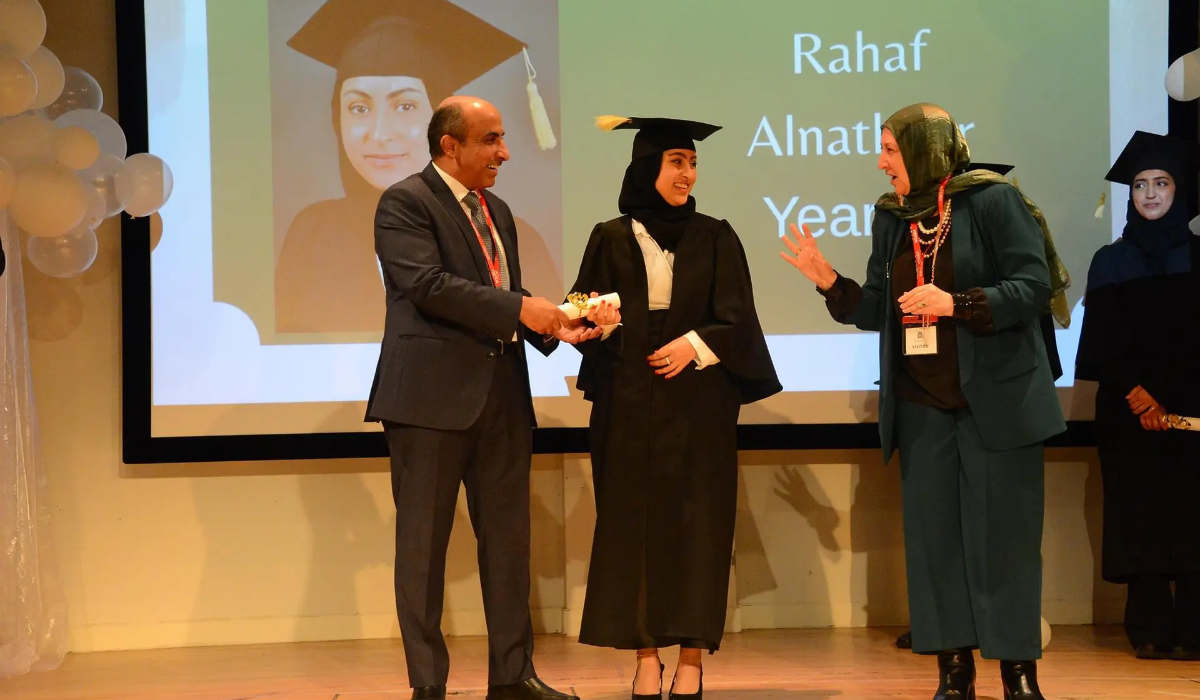
Other options include Germany, Australia, and even Japan, despite the language barrier.
Al-Maeena said “options are unlimited” when it comes to education. Usually, the decisions “will be influenced by the student’s family and past historical experiences. I know of one parent who graduated from Japan some decades ago, and now has influenced his children to obtain their higher studies there.”
The UK, which is the second-most popular study destination after the US and home to the prestigious Oxford and Cambridge universities, is receiving an increasing number of Saudi students, said Abigail Davenport, head of Strathclyde Business School’s branch in the UAE.
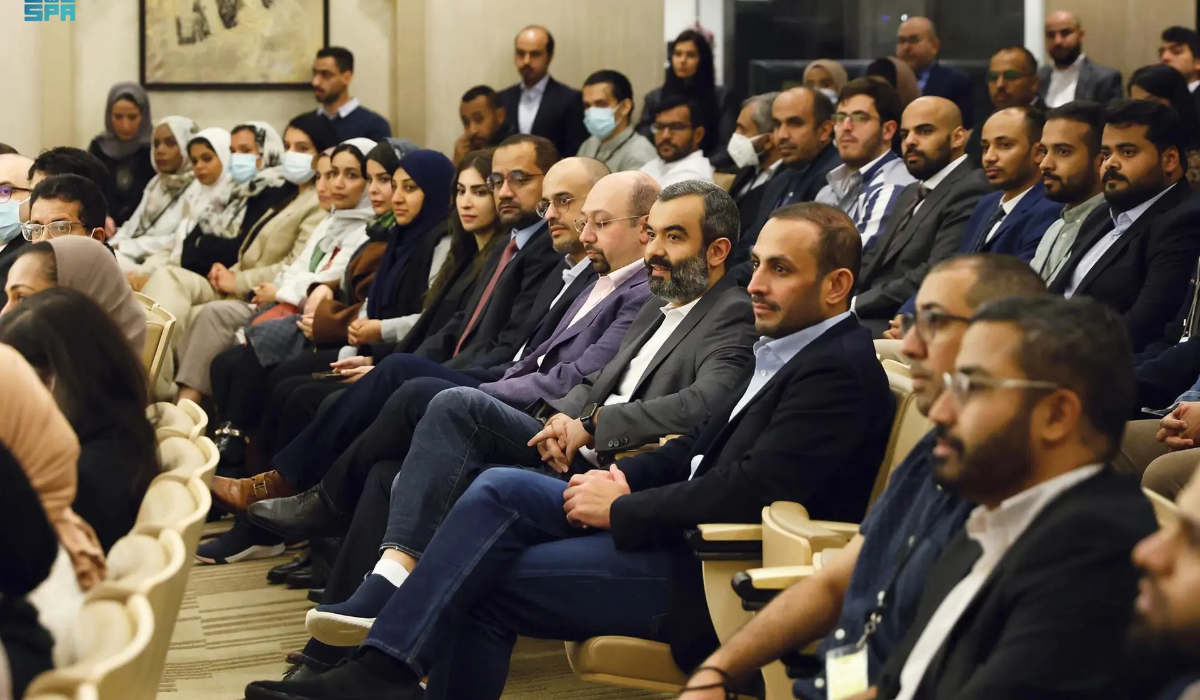
“Over the years, leaders of GCC countries have strived for knowledge-based economies, and have made great strides in developing social, economic and education infrastructures … Strathclyde has excellent relations with Saudi Arabia, in particular across public and private sectors, as well as a long history of welcoming Saudi students to the main campus in Glasgow,” she said.
“The UK is incredibly diverse, and international students will get the chance to experience a multicultural environment whilst still maintaining strong ties to their own culture,” she told Arab News in a statement.
According to recent available figures from the Higher Education Statistics Agency, during the 2020-2021 academic year, there were 3,310 new Saudi students studying in the UK, of which 1,045 were undergraduates, 1,620 postgraduates, and 645 doctoral students.
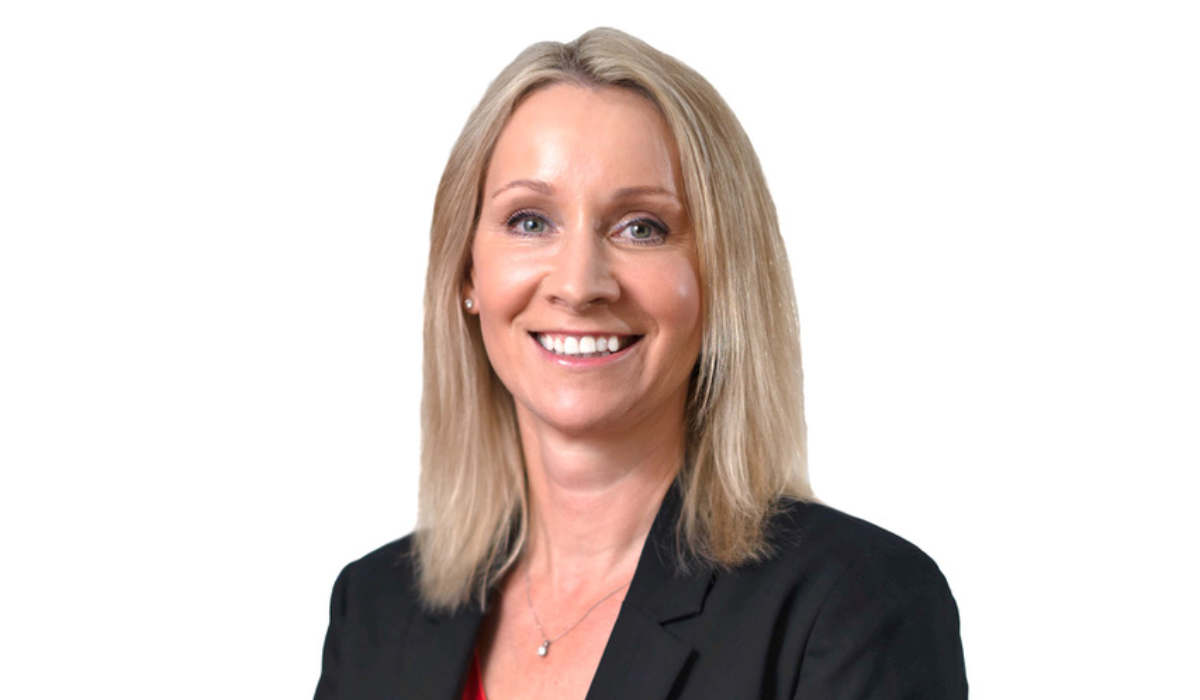
In total, the number of Saudi students studying at UK institutions almost doubled from the 2019-2020 to 2020-2021 academic years, according to British Council figures. Of the 14,070 current Saudi students connected with UK higher education, 11,850 are studying at institutions, 2,000 are enrolled in distance, flexible or distributed learning, and a minority are studying at overseas branch campuses.
The opening of overseas branch campuses is “definitely needed” and “a good strategy,” Kakos said, as it caters to students who cannot or do not want to travel abroad. She added that a “blended learning” experience, where studies are divided between physical classes and online learning, is also becoming a huge trend.
Studying abroad, according to Kakos, has many benefits, including new experiences, research potential, and access to extracurricular activities that may not be available in one’s home country.
The students “stand to gain a lot but, at the same time, branch campuses coming into the country would also be able to give a lot more value to the overall educational landscape and the options available to students in Saudi Arabia and the GCC in general.”

TALLINN: Saudi Ambassador to Finland Nesreen Hamad Al-Shebel has presented her credentials as non-resident ambassador to Estonia to Alar Karis, president of the European country.
Al-Shebel conveyed the greetings of King Salman and Crown Prince Mohammed bin Salman to the president.
The two parties then focused on ways to enhance relations between the countries.
In a tweet on Wednesday, Karis said he was “grateful for the exchange of ideas with” Al-Shebel.
“Estonia and the Kingdom of Saudi Arabia have a strong relationship. We are eager to explore our trade and investment opportunities and our bilateral relations further,” the president said.
Al-Shebel, in turn, said she is “committed to enhancing and strengthening our bilateral relations, with the aim of achieving mutual prosperity and success.”
MADINAH: The number of pilgrims from around the world to arrive in Madinah up to Wednesday after performing the Hajj rituals has reached 142,588, state news agency SPA reported.
A total of 17,258 pilgrims arrived in Madinah on Wednesday, with 15,159 arriving at the Hijra Station through 395 flights, according to Hajj and Visit Committee statistics.
Meanwhile the Haramain high-speed railway station received 1,797 pilgrims who arrived on 395 trips.
Of these 36,963 pilgrims have already left to return to their home countries.
RIYADH: Nesma Al-Mulla, a Saudi mother, thought her life was over when her son Faris Kashmeeri was diagnosed with leukemia at the age of five.
“When I found out my child’s condition in 2019, I encountered a horrible reality. I knew that this catastrophe will force me to reconfigure my life,” Al-Mulla told Arab News.
Al-Mulla chose to adopt a positive approach to the situation as she has always believed that hardship makes you stronger. As a mother attuned to her child’s needs, she also realized that she needed to be strong for Faris’ mental health.
Faris was too young to understand the nature of cancer and how it can spread. Al-Mulla explained that the disease needed a treatment called chemotherapy in order for him to become strong and recover.
Chemotherapy involves the use of powerful chemicals or drugs that destroy cancer cells, and it works by stopping or slowing the growth of the cells, according to the Mayo Clinic.
With the help of the Saudi health care system, Faris received free treatment at the Princess Noura Oncology Center at King Abdulaziz Medical City, Jeddah.
Al-Mulla would give Faris gifts after each chemotherapy session to motivate him. “(It) encouraged him to go to the hospital and complete his treatment,” she said.

“This method of motivating him had a wonderful effect on him, and he still loves the hospital and does not regard it as a painful experience. I tried to buy him brand-new toys so that he would look forward to them throughout each chemotherapy session.”
The single mother of three and provider for her family decided to document her son’s medical treatment on social media.
“My son’s name means ‘knight,’ so I nicknamed the account ‘leukemia knight.’ The account was rewarded by a local Jeddah hospital called National Guard Hospital. This journey through social media was a source of inspiration for many women who are going through the same thing,” she said.
Al-Mulla shared images of her son receiving therapy in the hospital on the Instagram account, documenting his journey using positive images. The posts attracted a lot of attention, especially from mothers with children with cancer.

“I had no idea that what I was doing was inspiring, other than from the responses I received from mothers. Many of them urged me to continue spreading the word about pediatric cancer since I had made the illness understandable to them and given them the motivation to carry on,” she said.
Doctors reassured Al-Mulla that there was a 95 percent chance of her son recovering, and in 2022 Faris was declared free from cancer.
Al-Mulla then made the decision to establish Nesma Community, an initiative to support mothers who have children with cancer and that helps them to improve their quality of life.
The center provides yoga and mental health classes, workshops on how to deal with pressure, recreational activities, and meetings with doctors to discuss cases.
The community initiative was approved by the Kingdom’s Quality of Life Program and listed on the Hawi portal, which provides support to community groups, organizations and interests.
Al-Mulla’s center hosts a range of events in Riyadh and Jeddah. Forthcoming events will discuss a variety of subjects in collaboration with experts and medical professionals. Topics include the impact of therapy on the lungs and breathing, yoga sessions, and leukemia awareness month.
Faris, who is now a healthy child enjoying all the activities of his age group, has a message for children battling cancer: “You’ll be fine.”
RIYADH: King Salman bin Abdulaziz Royal Natural Reserve’s efforts to research and protect the Eurasian griffon vulture have been cited by Sandgrouse, an international ornithology journal.
“Sandgrouse is an international magazine collecting and publishing data on birds of the Middle East, the Caucasus and Central Asia. Issued periodically since 1996, It is one of the most famous magazines specialized in birds in these regions,” said Fahad Al-Shuwaier, director-general of communications at KSRNR.
“The importance of the Eurasian griffon vulture for the ecosystem lies in the fact that it feeds on the carcasses of dead animals collectively, as it is present in groups that go out to search for food collectively, which helps to clean the environment from the carcasses of these animals, which in turn reduces the spread of diseases and infection from these carcasses,” he added.
“The publication of such news in international periodicals guarantees that KSRNR attracts the attention of researchers, experts and scientists at the world level who are interested in issues related to the environment.”
The Eurasian griffon vulture is an endangered species within the Kingdom, with population numbers falling dramatically across the Arabian Peninsula.
The number of Eurasian griffon vultures in Saudi Arabia fell by between 50-80 percent from 1972-2015 as a result of exposure to hazards including secondary poisoning, hunting, collision and electrification.
The Eurasian griffon vulture is one of the resident species nesting in KSRNR and in the wilds of southern Saudi Arabia.
It is one of the most important types of birds in the reserve, with 46 nesting sites being registered and monitored during the 2022 season, including 22 active nests, according to research.
ALSO READ:
• How Saudi Arabia’s environmental initiatives are restoring the natural equilibrium
• Saudi nature reserve announces first born wild Arabian oryx after nine decades
• Arabian oryx return to NEOM Nature Reserve
KSRNR teams detected more than 250 birds and more than 100 nesting sites within the boundaries of the reserve during the 2023 nesting season, representing a key ornithological documentation of the species in the Middle East.
The reserve announced its commitment to join the Green List of the International Union for Conservation of Nature with the aim of protecting natural assets, restoring ecological balance, preserving endangered animals and birds, and achieving sustainable ecological balance through the protection of biodiversity.
The authority aims to preserve the Eurasian griffon vulture within its boundaries because of the important role that the species plays in maintaining environmental balance and protecting nature.
Special initiatives have been launched to protect griffon vultures by creating an incubating environment for their reproduction.
Saudi Minister of State Prince Turki bin Mohammed bin Fahd bin Abdulaziz and his accompanying delegation were received by Kuwait’s Crown Prince Sheikh Mishal Al-Ahmad Al-Jaber Al-Sabah on Wednesday at the Bayan Palace in Kuwait City.
Prince Turki conveyed the greetings of King Salman and Crown Prince Mohammed bin Salman to Sheikh Nawaf Al-Ahmad Al-Jaber Al-Sabah, the emir of Kuwait, and to Sheikh Mishal.
Greetings to the king and the crown prince were conveyed by Sheikh Mishal, along with best wishes for the continued prosperity of the Kingdom.
The two sides discussed issues of common interest and looked at the deep-rooted relations between their countries and ways to strengthen ties.
The meeting was also attended by Prince Sultan bin Saad bin Khalid, Saudi Arabia’s ambassador to Kuwait.